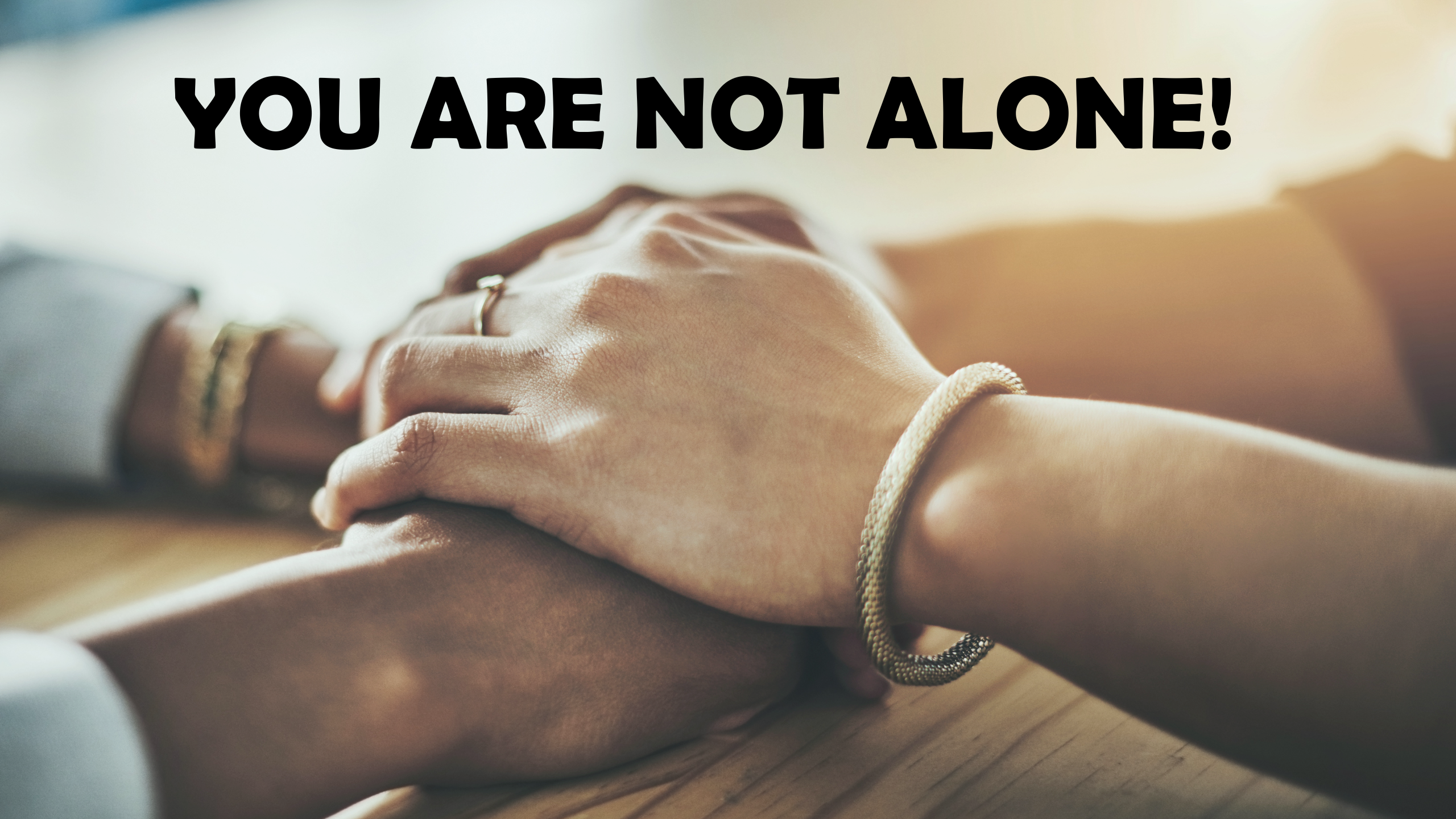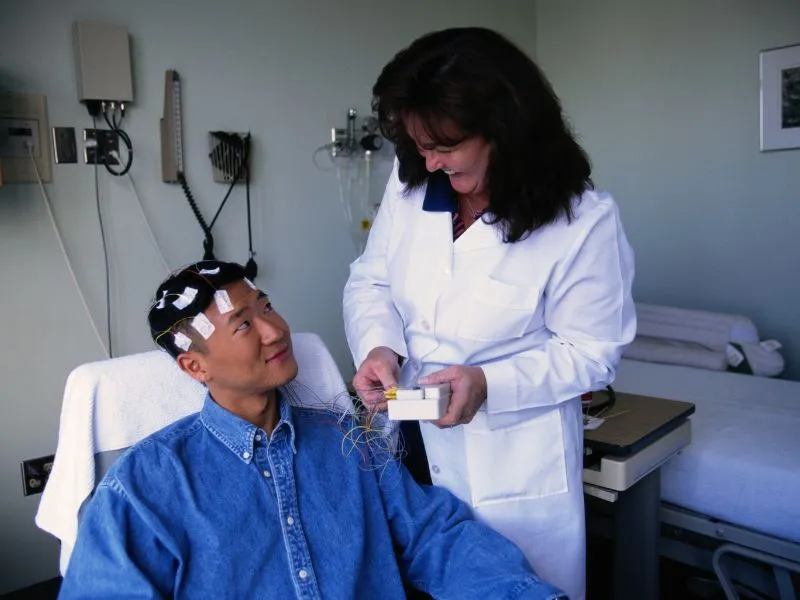Dementia is a disorder that slowly eats away a person's identity, memory, and life. Alzheimer's is the most common type of Dementia in the world today and affects mostly people over 60. However, its early onset can trigger even in someone's twenties. The study on the disease and advances in Brain Machine Interfaces have shown a light towards a possible cure and reversal. However, it remains a pipe dream as of now.
There's nothing more heartbreaking than finding out that your parents or grandparents do not even remember themselves or you. But we must accept the reality we are presented with and care for the demented as gracefully as possible. Don't wait for the disease to progress from normal age-related forgetfulness to full-blown Dementia. Enable treatment as soon as possible and understand that after the diagnosis, an Alzheimer's patient requires care 24/7. Still, before caring for someone with Dementia, you must first take care of yourself.
Countless cases have found that Dementia doesn't just affect the patient but is also a ponderous turmoil in the lives of those who care for them. Whether it is a son/daughter, relative, or even a registered nurse, caring for someone whose brain is eating itself away can be a daunting roller coaster ride of emotions. One day you may find things improving when the patient can remember themselves, you, and the place and time they are in. You may question if the worst is over on these' good' days. But the next day, they might fall off the wagon again and not even remember to wear pants.
To take care of someone with Dementia can be a thankless experience and sometimes even downright malignant if the patient bursts out in anger, the source of which even they do not understand. People compare caring for patients with Alzheimer's to caring for children, but the reality is much further than the truth. Patients sometimes may behave like little kids with tantrums, mood swings, and an inability to understand what's happening. But we as caretakers must treat them with dignity and respect.
Avoid taking your emotions out on them regardless of how frustrating it might be. To ensure that you are in the right place to take care of the patient, you must first ensure that your mental health is sound. It's only human to feel emotions and then to feel guilty about your outbursts, but with a patient with Dementia, you must make sure that they can trust you regardless of their situation. Take them out on the good days and let them feel the wonders of the world, and make sure that they stay inside on bad days as they cannot be allowed to walk out alone.
This is a disease that doesn't just affect the patient but also every loved one who cares for them. Remember that this is not a fight that can be won alone, so you must always have people to fall on, and only together can we beat Alzheimer's now.



